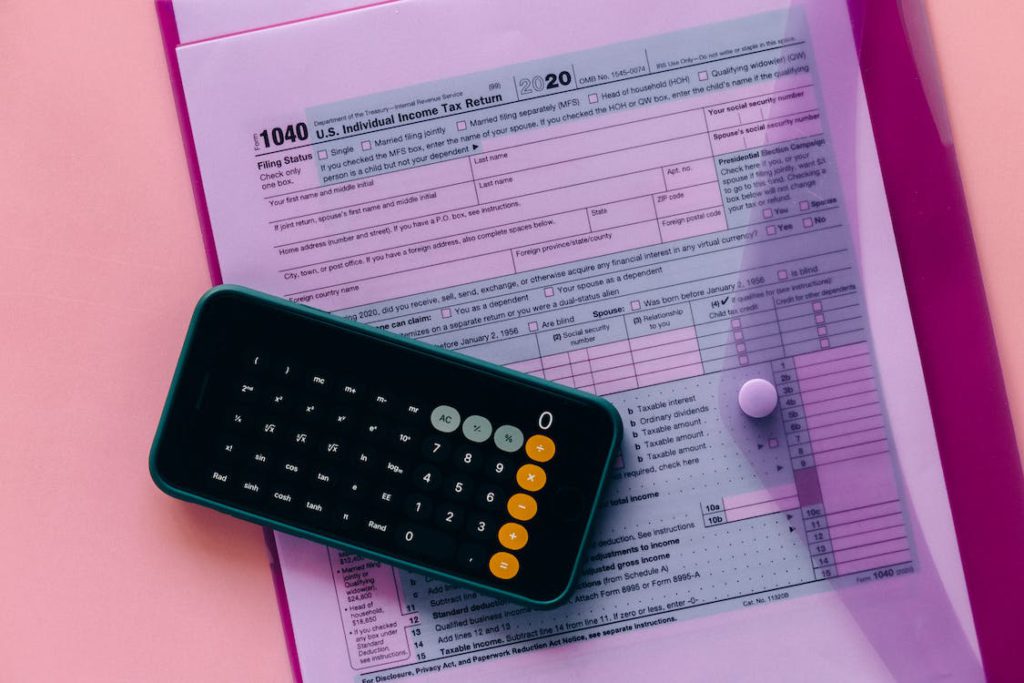A cryptocurrency asset is intangible and digital and exists through a blockchain or other decentralized network via distributed ledger technology or DLT. A distributed ledger is like a database where electronic records are stored and shared and then replicated across various locations around the globe.
They are maintained by a decentralized peer-to-peer network, which means the assets aren't exclusively held in any particular country. This can make it tricky to determine whether the cryptocurrency is a Canadian or foreign asset since the answer can determine how much tax is due on it. Which is why the best thing to do if you're in this situation is contact Tax Partners. We are familiar with the world of cryptocurrency and NFTs.
They can then determine whether you have specified foreign property (SFP), which would need to be listed on your T1135 Foreign Income Verification Statement.
Guidelines from the Canada Revenue Agency
According to the Canada Revenue Agency, or CRA, cryptocurrency assets count as funds or intangible property, which would be a specified foreign property, or SFP, if located outside Canada.
There isn't much guidance for professionals on how to determine where precisely the crypto is being held or stored. Because of how the decentralized crypto network functions, it isn't always easy to figure out whether the assets count as being Canadian or foreign for taxation, if you get it wrong, you risk non-compliance fines for failing to file a T1135 form correctly.
To be clear, this filing failure only applies if your crypto asset is an SFP, meaning it must be located outside Canada, and the aggregate must be more than $100,000 at cost.
Cryptocurrency and Specified Foreign Property (SFP)
A Singaporean company called Triple-A is dedicated to both crypto and blockchain technology, and they estimate about 1.2 million Canadians own cryptocurrency these days. This number is likely to keep growing, which also means more and more estate administrators will find themselves in a risky position, not knowing how to categorize their intangible crypto assets.
Let's say you are an administrator of an extensive estate with $1,000,000 in Bitcoin. The estate doesn't have other foreign assets, which means having to file a T1135 is going to be contingent on the Bitcoin's SFP determination. Therefore, the administrator must understand the consequences of making the wrong determination since a lot of money is involved.
Factors Determining Crypto is an SFP
If the decedent has held the Bitcoin for several years, the administrator determining to classify it as an SFP might result in a non-compliance fine for every prior year, which might need a formal CRA voluntary disclosure, and under paragraph 152(4) (b.2) of the Income Tax Act, there could be a potential extension of the regular reassessment period of 3 years for unreported SFP or late SFP, which means tax returns filed previously might be subject to being reassessed for the whole period.
Factors Determining Crypto is Not an SFP
- It is possible that the CRA disagrees with the determination, leading to penalties for non-compliance.
- Legislative due diligence defence doesn't exist to get around any non-compliance penalties the CRA decides to impose.
- Taxpayers who exercise reasonable judgment based on poor guidance from the CRA or Department of Finance might rely on a judicial due diligence defence.
The Administrator's Decision
So, what happens in this case when the administrator exercises their financial duties to the estate? It would be prudent for the administrator to get professional advice to develop a logical plan.
However, most professionals aren't sure how to come to such a logical position without just filing the T1135 to avoid penalties for non-compliance. Still, going the cautionary route isn't without the risk of consequences.
What's a Logical Position in this Case?
When drafting their SFP definition under the ITA's subsection 233.3(1), the Department of Finance did not consider cryptocurrency assets. In the near future, we should see a legislative update from the Department of Finance, or else the CRA will need to offer some guidance.
In the meantime, a 2021 article written for the Canadian Tax Foundation attempted to reconcile cryptocurrency with the 1996 SFP definition. The authors, William Musani and Ashvin Singh from Felesky Flynn LLP, took the position that digital information kept on a distributed ledger via blockchain isn't physically located anywhere at all.
The authors argue that the determining factor regarding the location of the crypto assets (to establish the definition of an SFP) is the location of its stored private key. So, wherever the private key is kept, this is where the crypto is 'located.' This is an interesting approach, yet if it's ambiguous where the stored private key is, it won't solve anything.
Many professionals have had issues with this topic, and it can be challenging to reconcile cryptocurrency assets with the standard SFP definition. However, hopefully, future legislation will shed new light on the subject and make it less frustrating and confusing for everyone involved.
More information about Tax Partners, please visit our YouTube channel or contact us at 905-836-8755. Alternatively, you may email us at info@taxpartners.ca.
The content of this blog/article is intended to provide a general guide to the subject matter. Specialist advice should be sought about your specific circumstances. Our firm does offer a FREE initial consultation (30 minutes).


